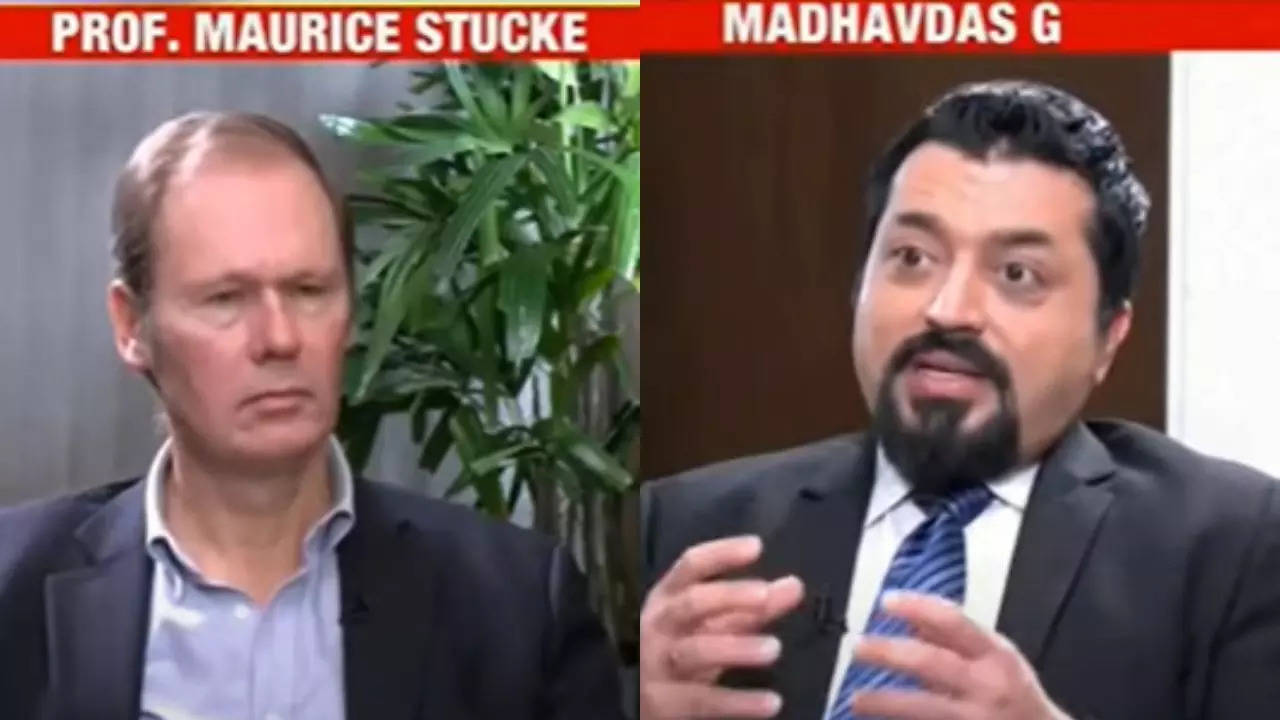
Maurice Stucke, a professor of law at the University of Tennessee and an official in the U.S. Administration, expressed concerns about the potential misuse of data collected through Artificial Intelligence (AI). Speaking exclusively to Times Now on Monday, Stucke highlighted issues related to government surveillance and the role of large corporations in enabling such activities. He noted the significant concern surrounding the relationship between governments and major firms, particularly in the context of their ability to conduct extensive surveillance.
Discussing ways to safeguard against the misuse of AI, Maurice Stucke emphasised, "You can't put AI back in the box, but we can harness its tremendous benefits while mitigating the risks." He highlighted how AI can improve lives, citing personal examples: "For instance, my smartwatch collects health data about me. It's fantastic because it can provide insights, such as detecting if I’m at risk of a stroke or heart attack."
Stucke also mentioned the transformative potential of AI in professional fields, sharing insights from his university: "At my home university, we talk about how AI can have an equalizing effect. For example, it can give junior surgeons a 3D perspective akin to the insights a veteran surgeon gains through experience."
Responding to a question about balancing the tremendous benefits of AI with mitigating its risks, Maurice Stucke explained, "There’s not going to be one tool for this." He emphasized the need to address misaligned incentives, particularly in areas like behavioral advertising. "One of the things I discuss is eliminating situations where incentives don’t align with the user’s interests. For example, giving individuals the right to opt out of behavioral advertising or personalization if they so choose," he said.

